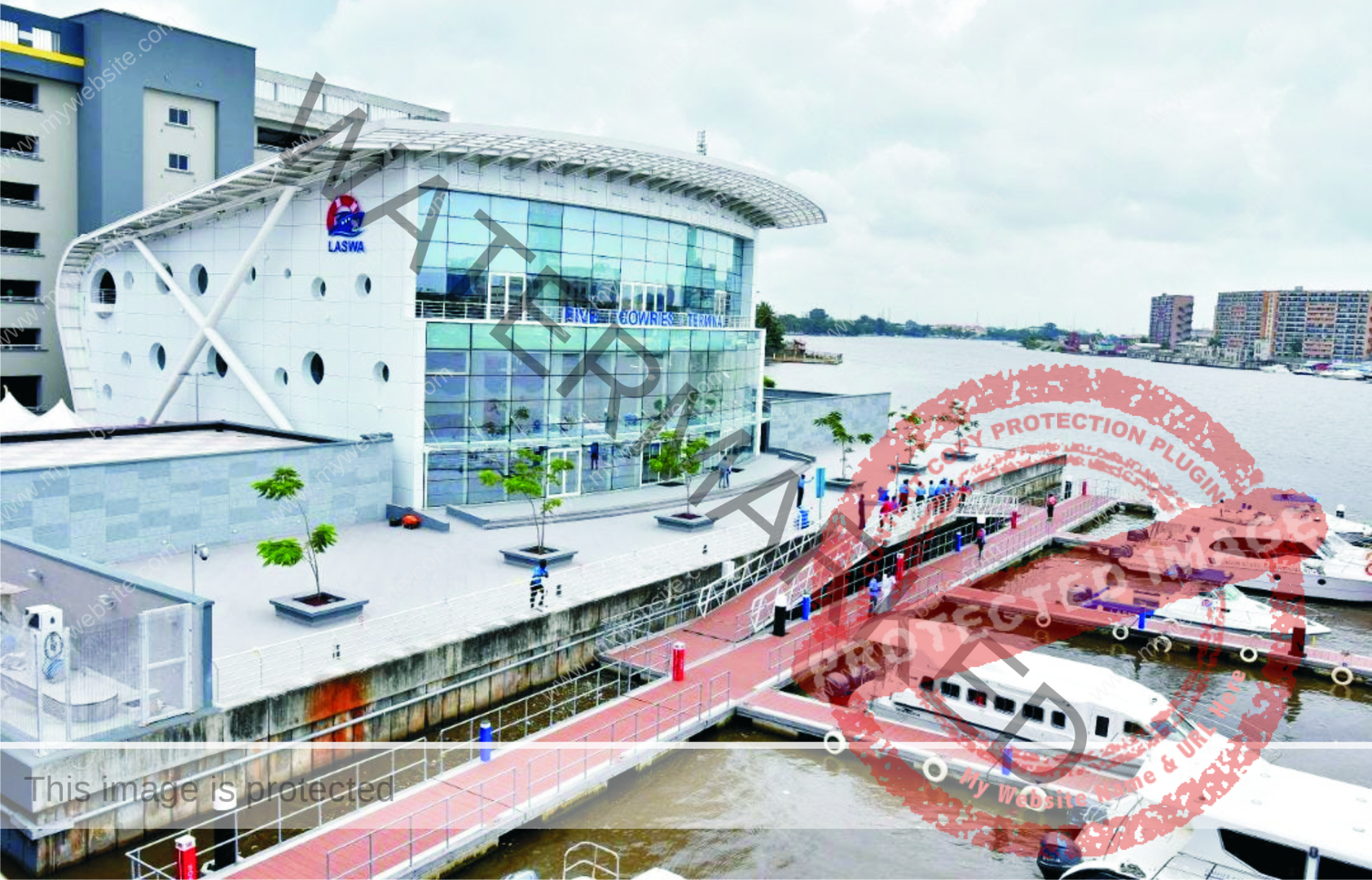
Disturbed by low operating standards and safety issues on inland waterways, the National Inland Waterways Authority (NIWA) has finalised modalities to train, certify and license boat captains and operators on Nigeria’s waterways.
This was disclosed at the quarterly stakeholders’ meeting and launch of a new boat service held in Lagos on Wednesday, where NIWA assured boat operators and other stakeholders, that the latest move was to ensure all-year safety on the waterways by standardising operating procedures within the sector.
The mandatory Small Power Boat and RIB Master training course will be delivered in partnership with Metropolitan Waterways. The course is designed for beginners and experienced boat owners and captains interested in refreshing their basic seamanship.
Accordingly, it is now compulsory to take the Small Power BOAT/RIB course as a prerequisite to obtain NIWA Captain License. Similarly, the SPB course certificate makes it eligible to apply for the NIWA Captain/skipper License as a boat operator on Nigeria inland waterways.
“We are greatly saddened each time we hear incident of boat mishap,” said George Moghalu, the managing director, NIWA, stating that the license can be used anywhere within Nigeria.
Moghalu who was represented by Joseph Ororo, general manager, marine, NIWA, said the training is long overdue and has started in Delta and Bayelsa States.
According to him, the license will be renewed every three years and solicit the support of stakeholders in ensuring that the programme is successful.
Moghalu equally disclosed that lots of boat mishap across the country are caused by human error and posits that the regulatory body cannot be left out of the blame game, hence the renewed rigour at training and retraining of boat operators.
Accordingly, he said NIWA would be stricter with operators going forward as it is currently working on categorising rivers across the country to guarantee security on inland waterways as catalyst for the success of the Deep sea project.
Sarat Lara Braimah, the Lagos area manager, NIWA, said the programmes has designed the curriculum to train, taking into consideration the education barrier in the sector. Therefore, there is a need to educate both the captains and users on proper safety measures.
According to Braimah, the training will be categorised into three phrases and will also include executive training for boat owners who which to drive their own boats.